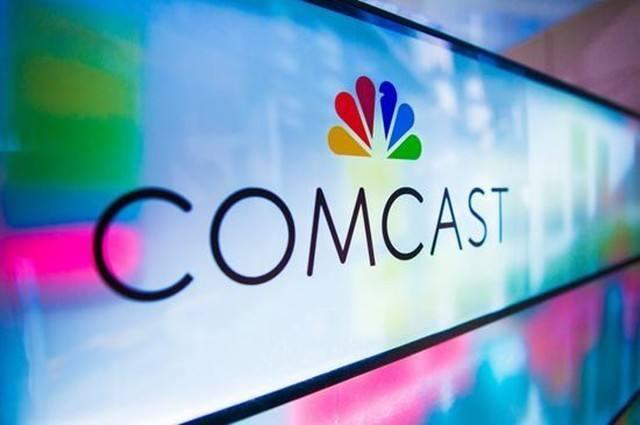
The Federal Communications Commission of the United States recently announced that Comcast Corporation was fined 1.5 million US dollars for the data breach incident involving its suppliers. This incident led to the leakage of personal information of approximately 237,000 customers, and Comcast particularly emphasized in its response that "it has not admitted any misconduct."
The leak that occurred in February 2024 originated from FBCS, a debt collection agency that Comcast had long ceased cooperation with in 2022. The attackers successfully broke into the FBCS system within two weeks and stole core sensitive information including customers' social security numbers, dates of birth, addresses and account numbers. Ironically, FBCS had assured Comcast at the beginning of the incident that customer data was not affected, and it was not until four months later that they were forced to admit the leak. By this time, hackers had already been playing with these precious data for a long time.
Comcast's response can be regarded as a "model" of corporate crisis public relations - firmly emphasizing that it "is not the responsible party" and completely attributing the problem to third-party suppliers. This attitude vividly demonstrates the standard stance of today's tech giants when it comes to data security responsibilities: if the system has not been directly compromised and the contract terms clearly stipulate it, then the responsibility naturally has nothing to do with them.
A fine of 1.5 million US dollars sounds like a considerable sum until you realize that it only accounts for a tiny fraction of Comcast's 123.7 billion US dollars in revenue in 2024. Compared with the potential losses that data breaches may bring, this figure is more like a symbolic reminder of a company's security responsibility rather than a substantive punishment.
This incident has exposed an unsettling reality in the digital ecosystem: while a company's own security defense may be solid, any weak link in the business ecosystem it builds could lead to a total collapse. As a professional service provider, the vulnerability of FBCS 'security protection is astonishing - not only did it fail to detect the intrusion in time, but it also repeatedly misjudged the scale of the incident, with the number of affected people finally confirmed from the initial 1.9 million to 4.2 million.
Leaked social security numbers, dates of birth and other information are the golden keys to identity theft on the dark web. The victims are not only facing current financial risks, but also long-term threats to their identity security. The process by which FBCS promptly filed for bankruptcy after disclosing the data breach has made accountability and remediation even more difficult.
The compliance measures required by regulatory authorities seem comprehensive: strengthening supplier supervision, establishing systematic data management, and conducting regular risk assessments. But can these technical fixes really solve the fundamental problem? When data has become the oil of the new era and the cost of protection is merely regarded as an operating expense, any voluntary compliance requirements seem powerless.
Ironically, in September of this year, the Medusa ransomware group claimed to have invaded Comcast, attempting to sell over 800 GB of data for 1.2 million US dollars. In contrast, the FCC's fine for this leak was only $300,000 higher. Such numerical comparisons can't help but make one wonder: In the business world, what kind of price tag is our personal information actually marked?
In the era of data economy, each of us has unknowingly become a walking commodity. Perhaps the most profound lesson from the Comcast data breach is that when the cost of protecting data security can be calculated and the fines for violations can be borne, true change will never occur. In this satirical drama about data protection, it is never the giant enterprises that pay the price in the end, but the millions of ordinary users whose personal information is drifting on the dark web.

Iran's state media reported on Thursday (January 8) that Iranian President Pezhishiyan warned domestic suppliers not to hoard food or drive up prices.
Iran's state media reported on Thursday (January 8) that Ir…
German Foreign Minister Waldorf condemned Iran's excessive …
South Korean President Lee Jae-myung will pay a two-day sta…
US President Trump claimed that his "own moral code" was th…
On January 7th local time, GameStop (GME.US) announced that…
According to the British media The Guardian, recently US Pr…